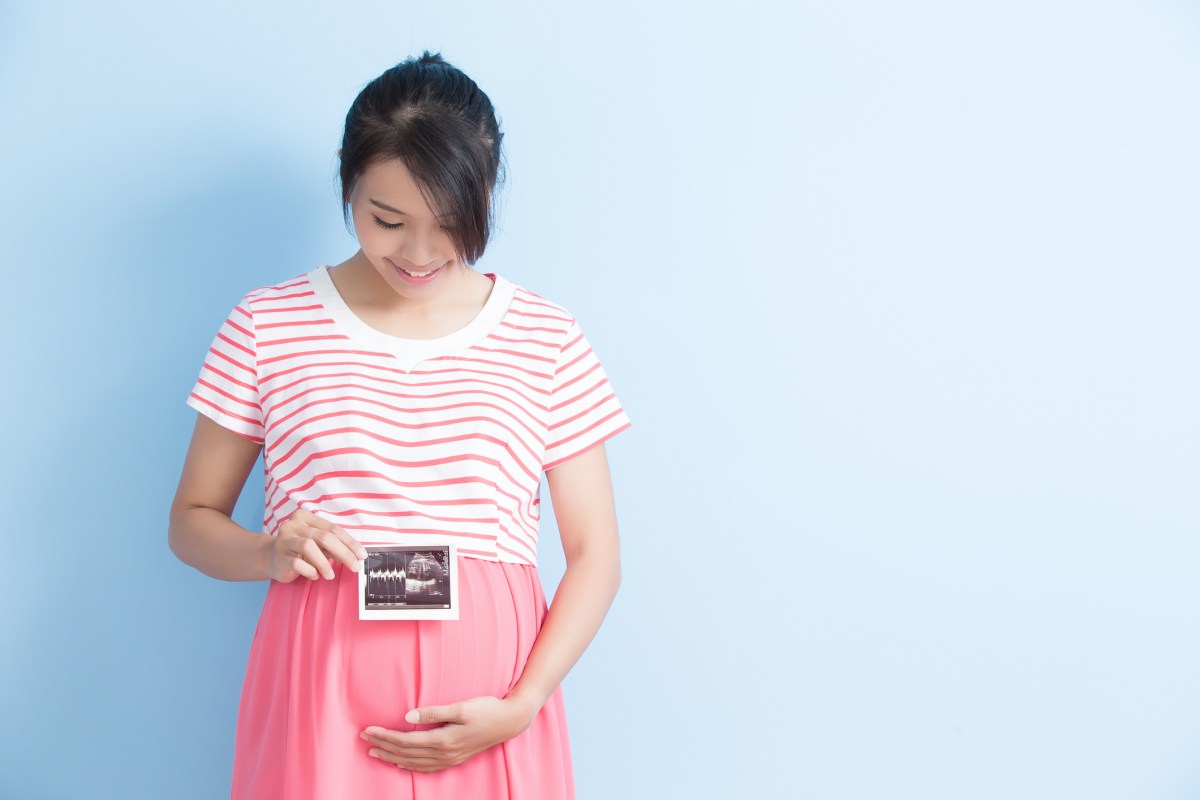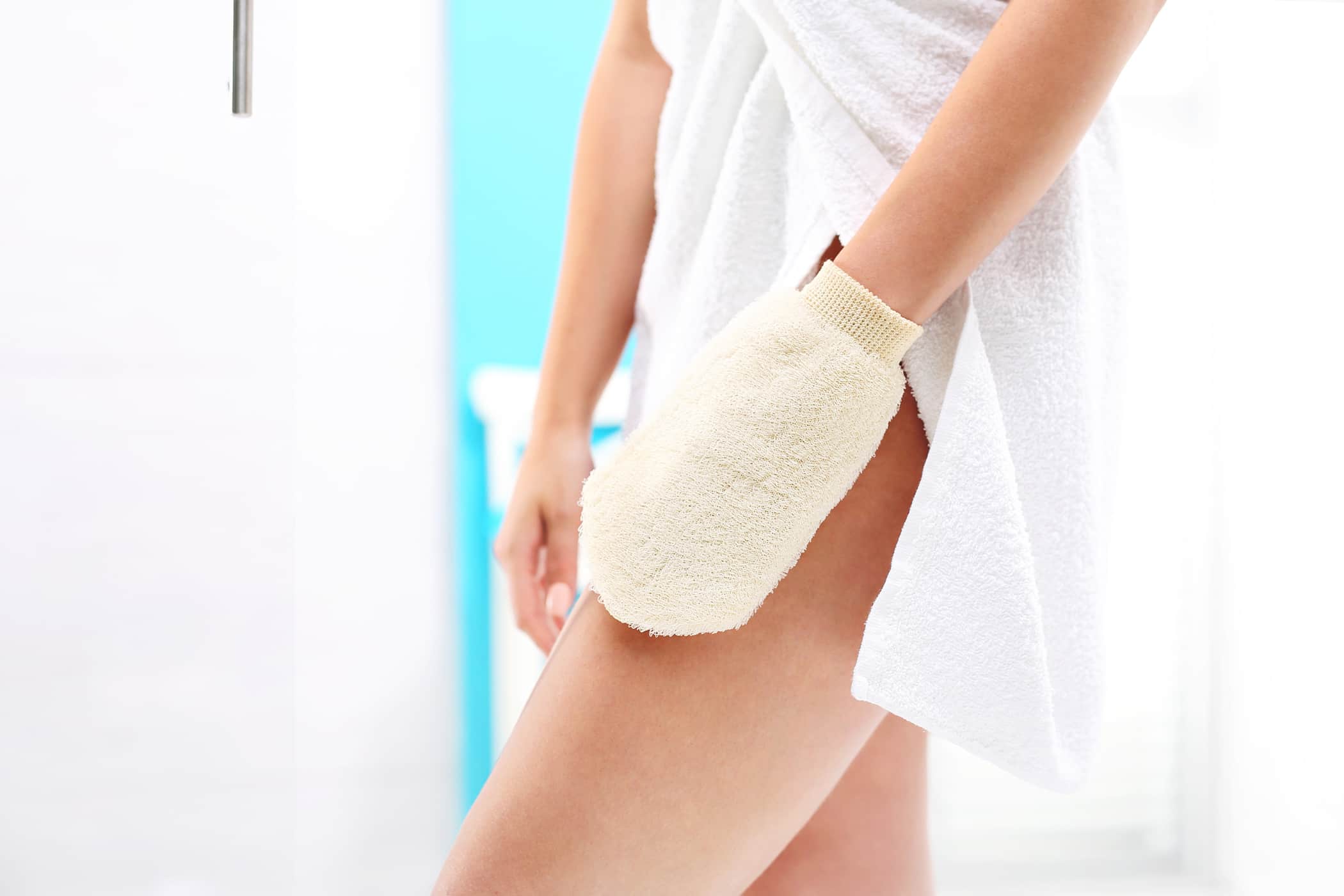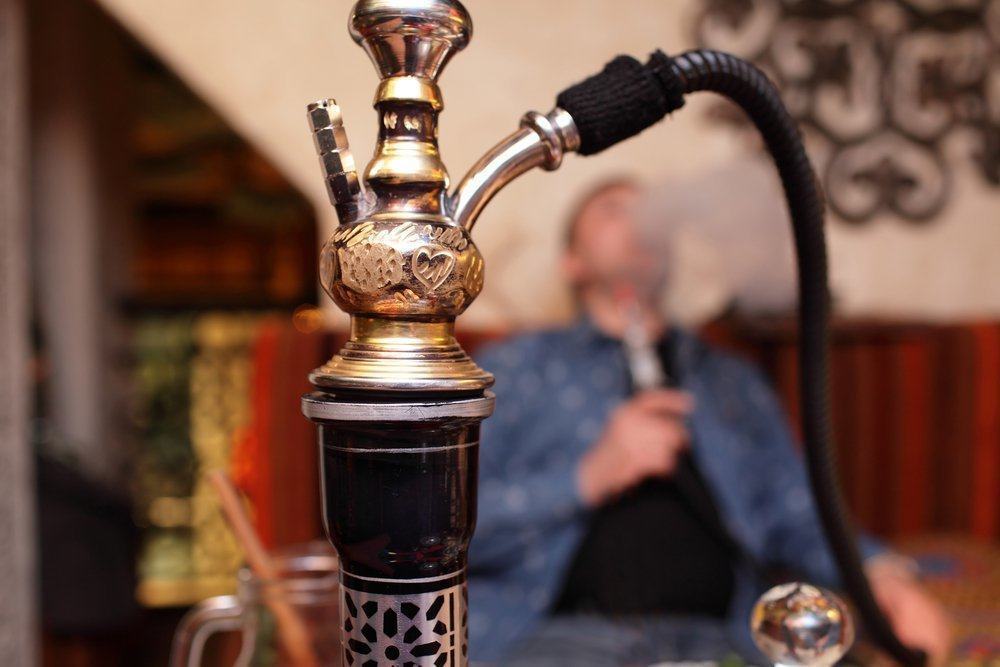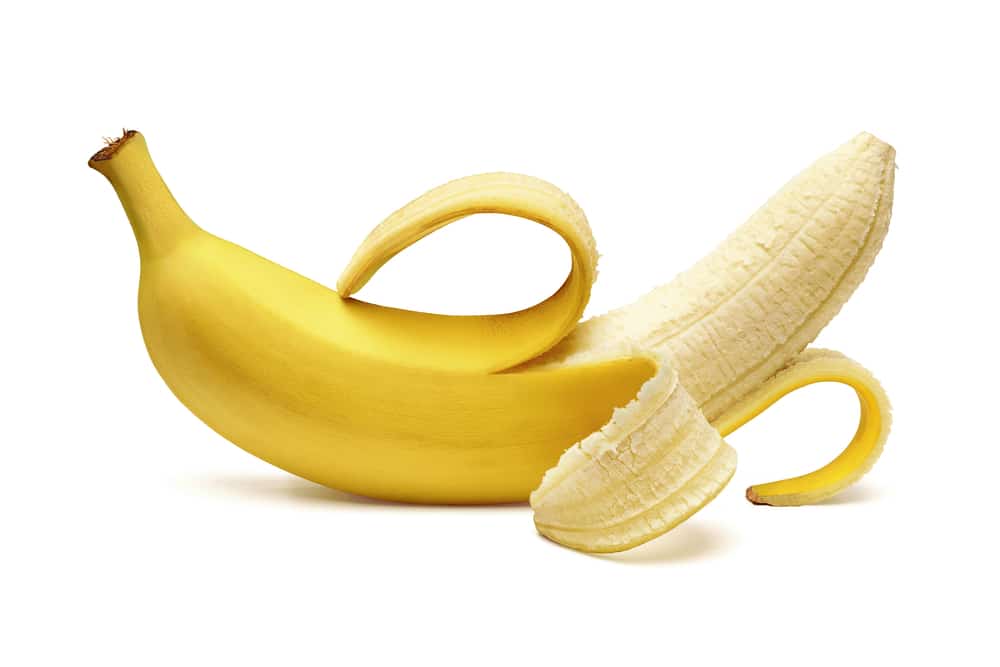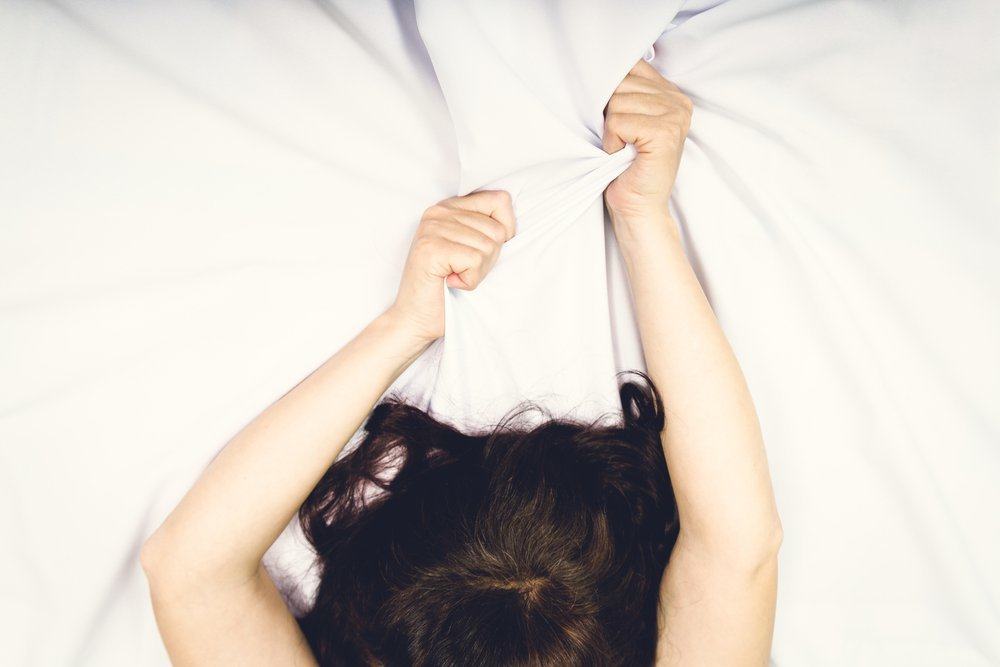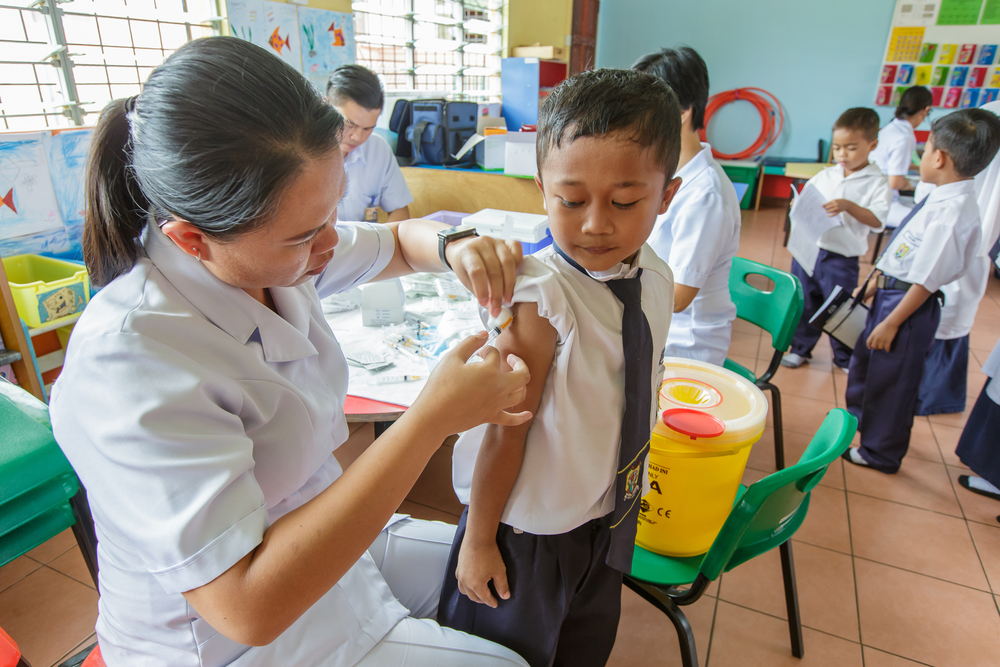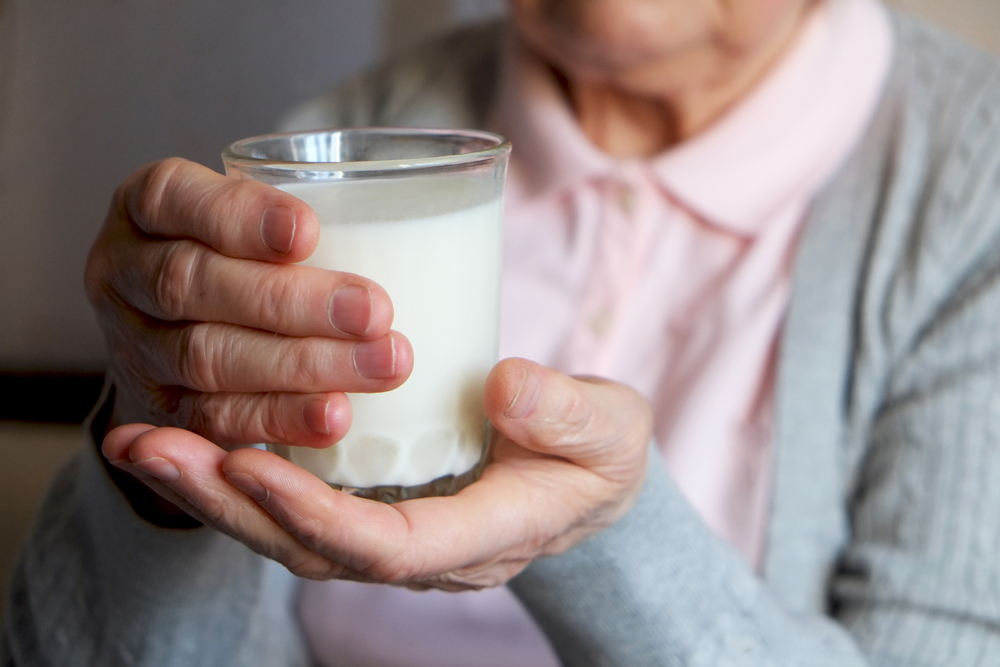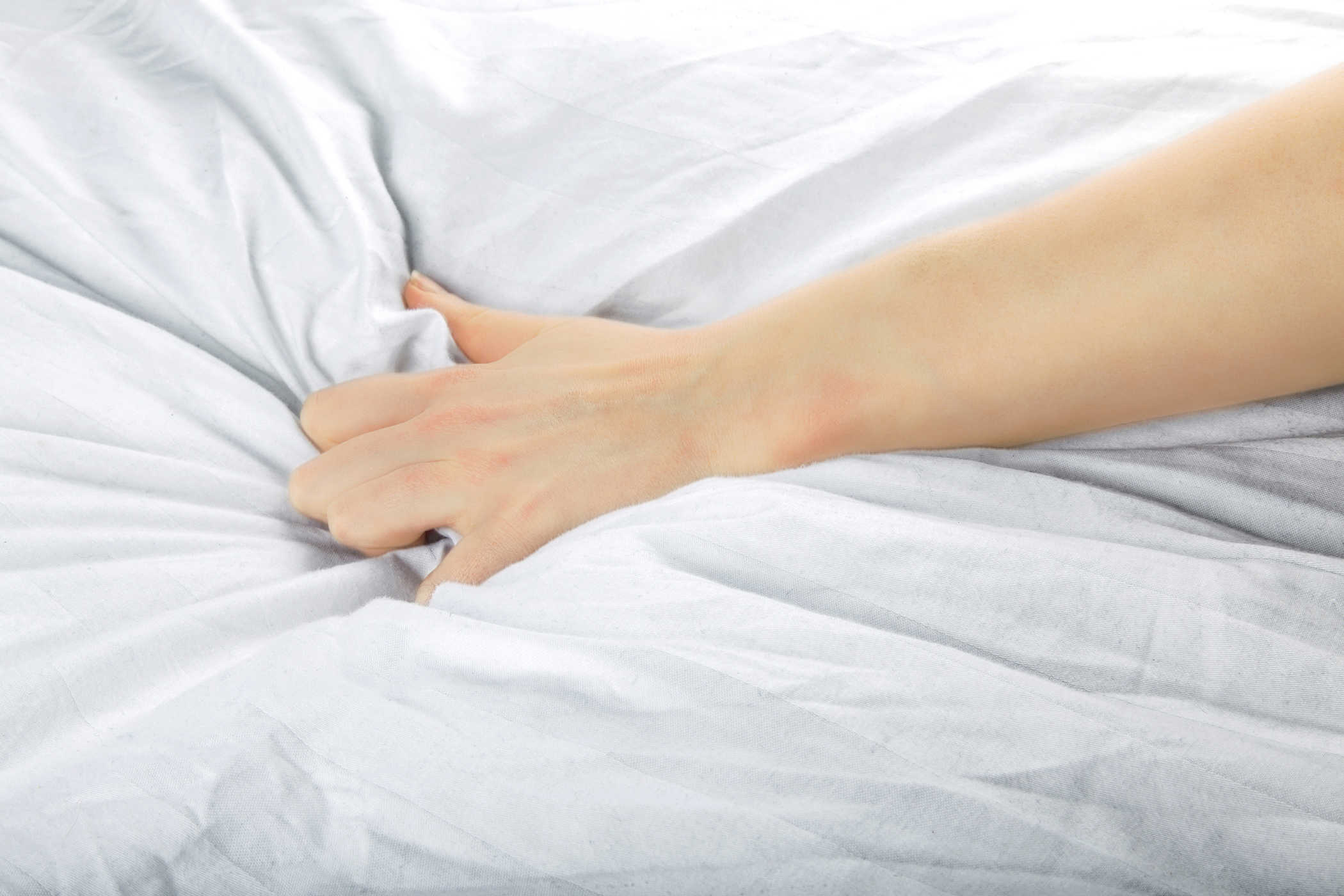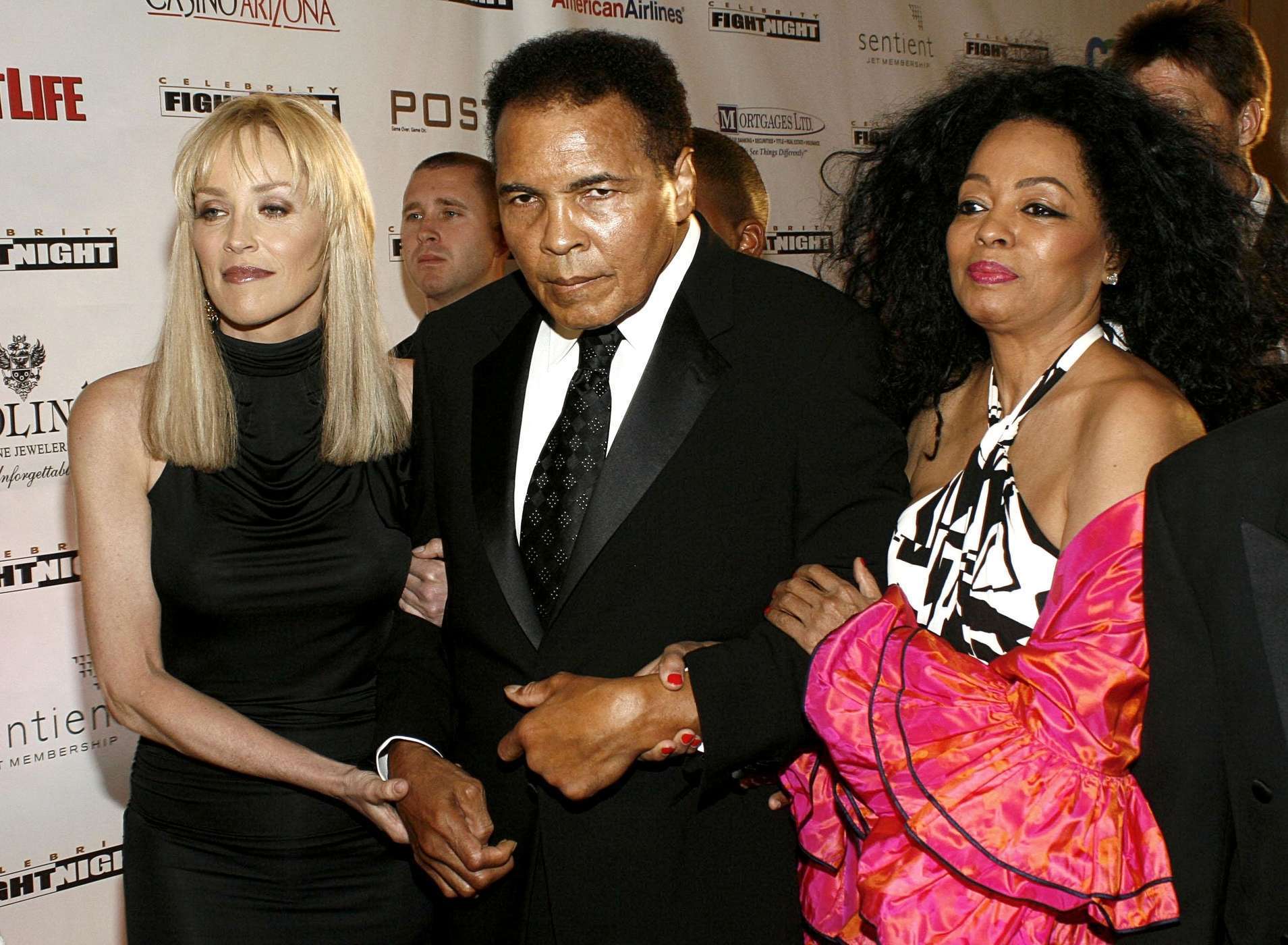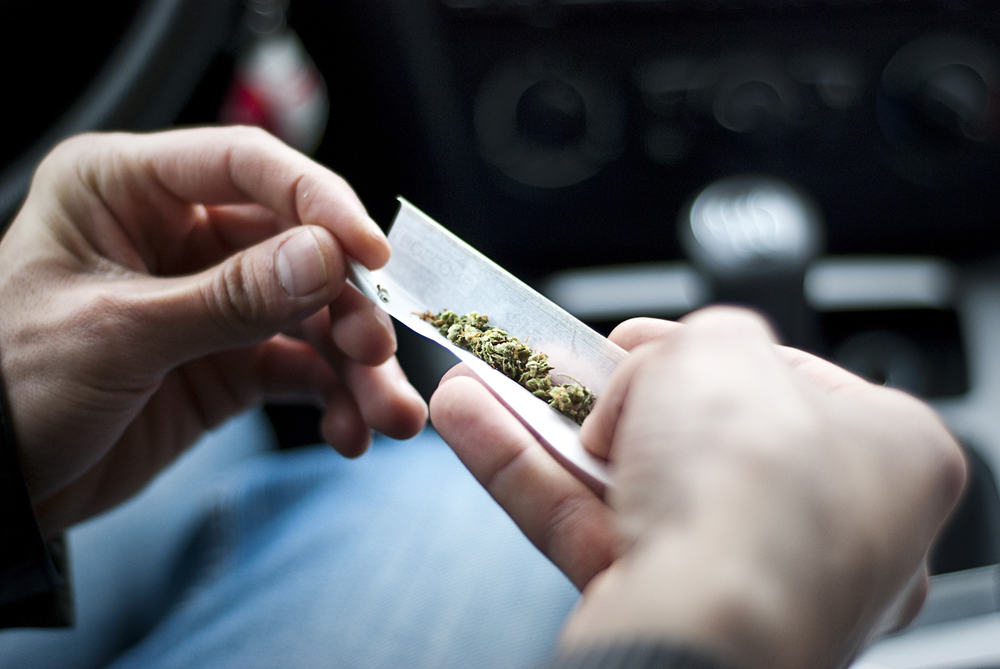Contents:
- Medical Video: Patient Education Video: Low Testosterone
- Benefits of getting pregnant in your 20s
- Lack of pregnancy in your 20s
- The chance of success in getting pregnant in your 20s
- What to do if you don't want to get pregnant in your 20s
Medical Video: Patient Education Video: Low Testosterone
Most experts will say that there is no right time to start a family. However, there are advantages and disadvantages of giving birth at different ages. When pregnant in your 20s, you will have more energy to run and take care of children, but lack the source of income and personal experience to be a guide.
Benefits of getting pregnant in your 20s
The 20s is the best decade of getting pregnant and giving birth to a baby. Like other women, you are born with all the eggs you will have, about 1 to 2 million eggs. At puberty, the number of your eggs is around 300,000 to 500,000, but your ovaries only release about 300 eggs during your reproductive period.
As you get older, your ovaries age with your whole body, and the quality of your eggs slowly decreases. That is why when compared to younger female egg cells, the egg cells of older women tend to have genetic disorders that cause Down syndrome and other birth defects.
The risk of miscarriage is also much smaller: around 10 percent for women in their 20s, 12 percent for women in their early 30s, and 18 percent for women in the middle to late 30s. The risk of miscarriage surged to around 34 percent for women in their early 40s, and 53 percent after reaching age 45.
Physically, pregnancy is easier for women in their 20s because of the small risk of health complications such as high blood pressure and diabetes. Your risk is also smaller for experiencing uterine problems such as uterine fibroids, which often become more problematic with time.
Finally, young women do not tend to give birth to premature babies or low birth weight babies when compared to women over the age of 35.
In terms of fertility, the difference in female fertility in the early and late 20s is meaningless.
Once the baby is born, as a mother in her 20s, you tend to have the resistance to wake up with your baby several times at night and still be able to move on the next day. Apart from physical strengths, here are other positive points: You are more flexible in your 20s, which is good for marriage and transition to parenthood.
Lack of pregnancy in your 20s
When you were in your 20s, you might still be looking for a career path and build yourself professionally. If you use that time to have a baby, it might be difficult for you to go back to your career. Even though a woman immediately returns to work after having a baby, statistically she will get a lower income than her colleagues who do not have children.
In addition, having children in their 20s may not be financially optimal. Having a child can also be difficult for a young couple's marriage. Young people often have no life experience to realize that the initial life span with a baby is only temporary. Young mothers tend to feel depressed and overwhelmed, and the father can feel neglected by his wife, who is suddenly preoccupied by a small baby in his life.
Ideally, couples support each other in carrying out this transition and become closer to each other, but many couples become distant and alien to each other, which can be very damaging to marriage.
In addition, many couples in their 20s are, quite simply, not ready to become parents. Raising children is emotionally and physically burdensome, and many parents — especially young ones — are not fully prepared for the sacrifice and patience needed.
The chance of success in getting pregnant in your 20s
At the age of 20, the statistics are on your side. As fertile women who are healthy in their 20s, you have about 33 percent chance of getting pregnant in each cycle if you have sex one or two days before ovulation. At age 30, your chances are around 20 percent in each cycle.
Only a small percentage of women aged 20 have fertility problems - while two-thirds of women over the age of 40 have fertility problems. A 20-year-old woman only has 6 percent chance of not being pregnant, while a 40-year-old woman has 64 percent chance of not being able to get pregnant.
Another risk, at the age of 20, is the risk of containing one child with Down syndrome by one in 2,000. This risk jumps to one in 900 when you are 30, and one in 100 when you reach 40 years.
What to do if you don't want to get pregnant in your 20s
If you want to have children someday but are not ready now, you might consider freezing your eggs. Even though your chances of a healthy pregnancy decline in the late 30s and 40s, the possibility of succeeding with young eggs using assisted reproductive technology is far greater. Some women "save" their eggs now to prepare if they have trouble getting pregnant when they get older.
Hello Health Group does not provide medical advice, diagnosis or treatment.

